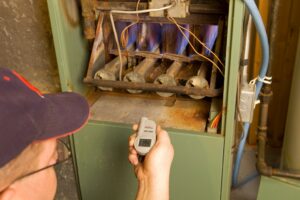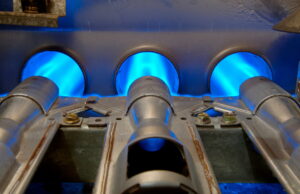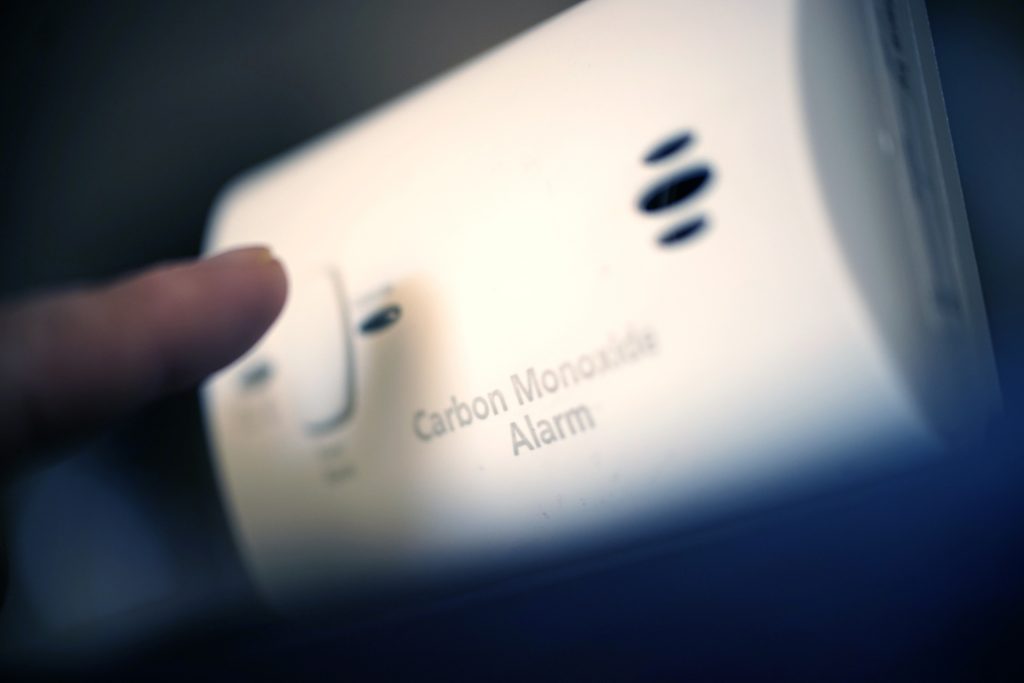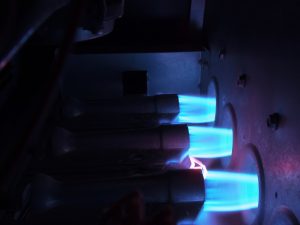A booming furnace is a bad thing to encounter. Don’t get us wrong, every heating system makes some kind of noise when it turns on and starts to heat your home. As air goes through your ductwork, the air ducts will expand and contract based on the temperature differential, and this can sometimes make noise. Noises aren’t inherently bad when you hear them in your home.
However, many noises are. We like to use the term “loud and uncomfortable noises” because that separates the good noises from the bad noises pretty clearly. If you encounter any loud or uncomfortable noises, like a booming sound, then you probably need heating repair in Covington, LA.
Based on how common this booming noise is when we get calls from homeowners, we’d like to spend today investigating how this noise comes up and what might be going on inside your furnace when it does.








 Having a heater in the middle of winter sure is nice, but looking at huge heating bill isn’t! After installing your heater, it’s all about getting the most out of it with the lowest possible cost. But unfortunately, many people are running their heaters at less-than-amazing efficiency. But luckily they can change that by adopting some new habits or with the help of a few HVAC services.
Having a heater in the middle of winter sure is nice, but looking at huge heating bill isn’t! After installing your heater, it’s all about getting the most out of it with the lowest possible cost. But unfortunately, many people are running their heaters at less-than-amazing efficiency. But luckily they can change that by adopting some new habits or with the help of a few HVAC services. A good furnace will diligently provide you with quick and reliable heating for more than a decade. Unfortunately, all good things must come to an end, and that means your furnace will need to be replaced one day. But it doesn’t have to come as a surprise. If you recognize the signs early on, you can get it replaced sooner to save hundreds of dollars in expenses. Here are some of the signs:
A good furnace will diligently provide you with quick and reliable heating for more than a decade. Unfortunately, all good things must come to an end, and that means your furnace will need to be replaced one day. But it doesn’t have to come as a surprise. If you recognize the signs early on, you can get it replaced sooner to save hundreds of dollars in expenses. Here are some of the signs: Most homes in the area rely on forced-air furnaces for heat. They’re inexpensive and effective, which makes them an excellent fit for our short winters and comparatively mild heating needs. But they run into problems just like any other appliance, especially now, at the end of winter, when they’ve been running on a regular basis and are likely subjected to the pressures of wear and tear. Older furnaces, in particular, need to be watched carefully because fundamental components may begin to break down.
Most homes in the area rely on forced-air furnaces for heat. They’re inexpensive and effective, which makes them an excellent fit for our short winters and comparatively mild heating needs. But they run into problems just like any other appliance, especially now, at the end of winter, when they’ve been running on a regular basis and are likely subjected to the pressures of wear and tear. Older furnaces, in particular, need to be watched carefully because fundamental components may begin to break down.